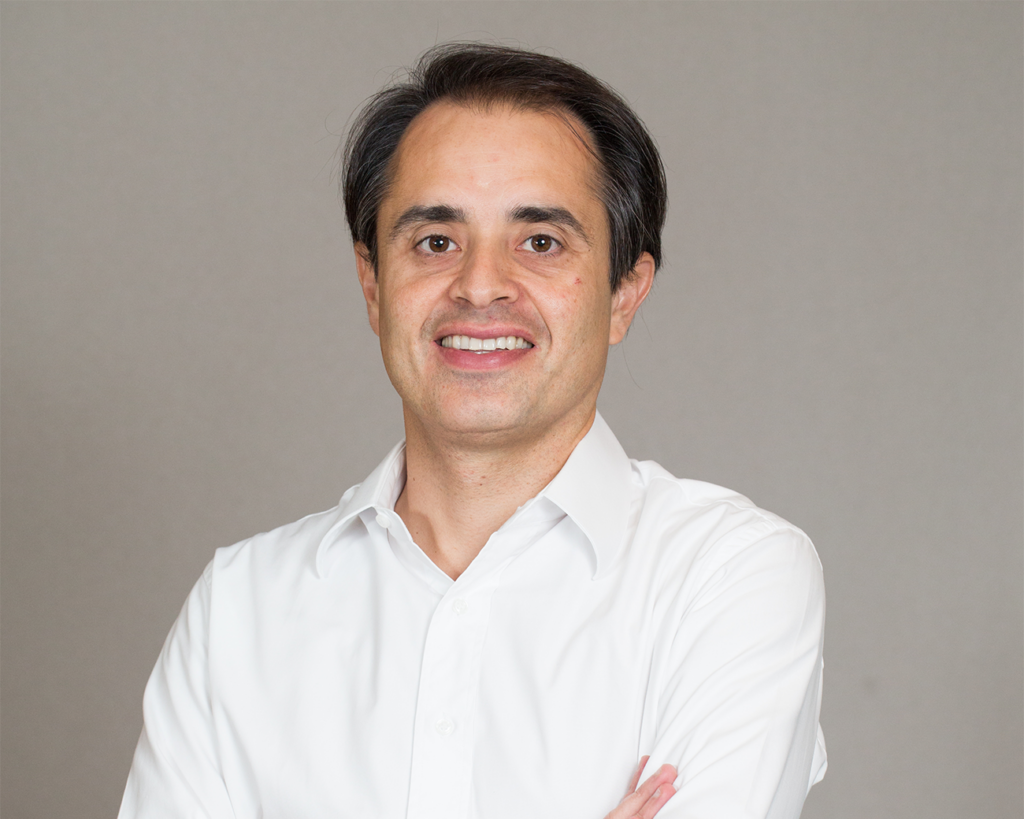LP Profiles, Member Profiles
An Interview with Miguel Gonzalo of Adams Street Partners
16 July 2013

LAVCA spoke with Miguel Gonzalo, Partner at Adams Street Partners, on the importance of Latin America to the firm’s portfolio, and how the regional allocation has evolved compared to its stake in other emerging markets.
LAVCA: Could you please provide some background on Adams Street Partners.
Gonzalo: Adams Street Partners is one of the largest managers of private equity investments in the world and has one of the longest histories. Together with its predecessor organizations, Adams Street Partners has been investing in private equity partnerships since 1979, managing direct investments in private equity since 1972, and is credited with establishing the first private equity fund of funds for institutional investors. The firm currently has 120+ employees, with $25 billion of assets under management. Adams Street Partners has offices in Chicago, London, Menlo Park, Singapore and Beijing.
Gonzalo: Adams Street Partners offers its clients an annual subscription program that combines primary, secondary and direct investments in US, Non-US and Global strategies. Adams Street Partners has made over 700 fund investments since 1979 and over 265 direct investments since 1972. In addition, Adams Street Partners co-invests in growth equity and buyout transactions.
Gonzalo: As a pioneer in the development of the secondary market, Adams Street Partners has been providing liquidity solutions to sophisticated private equity investors since 1986. Perceived by sellers as an efficient and discreet buyer, and by general partners as a desirable substitute limited partner, Adams Street Partners is uniquely positioned in this rapidly evolving market.
LAVCA: Your portfolio allocation to emerging market managers has evolved over the years, from a China/India focus to a broader set of markets including South Africa, Turkey, Indonesia, Brazil and Mexico. What are the drivers behind this portfolio composition?
Gonzalo: For us, the maturity of private equity depends on several factors including exit strategy, governance, enforceability of rights, and availability of experienced investors. This is analyzed together with macroeconomic fundamentals and country stability. For many emerging markets, our view has evolved to a point where we are comfortable committing long term capital. As a result, we are able to build a more diversified emerging market portfolio today. Noting that these markets have different cycles, an approach balanced by geography, subclass and time provides exposure to emerging markets, while minimizing the impact of volatility in individual markets.
LAVCA: What percentage of your portfolio is allocated to Latin America?
Gonzalo: We now anticipate allocating 15% of our emerging market fund to Latin America. While this includes a broad exposure to all countries, we expect a heavy weighting to Brazil.
LAVCA: Adams Street Partners favors “knowledge arbitrage” concepts in emerging markets. Could you explain?
Gonzalo: Favoring opportunities that benefit from “knowledge arbitrage” applies to every market we invest in globally. Ideally, we target managers who can offer professional experience and networks their portfolio companies might otherwise not be able to afford or access. In developed markets, this often comes from sector-focused funds. Generalizing a little, most emerging private equity markets have not yet developed to a point where sector-focused strategies are viable. So, for practical purposes, in these markets we favor managers with experience working with larger–sometimes international— companies or consulting firms, where they learned a strategic framework they can refer to in creating value at their portfolio companies.
LAVCA: What is the typical commitment (in USD) to a fund/manager?
Gonzalo: The typical commitment to a Latin American fund is approximately US$20 million.
LAVCA: Can you allocate to first time funds?
Gonzalo: We will back first-time funds, but typically not first-time investors. We prefer to have some demonstrated investment success that can translate into the strategy a manager deploys. The better we know a manager, the easier it is for us to consider investing. Our goal is to reduce the degrees of separation between us and the manager, either through direct interaction over a number of years, or else through our professional networks.
LAVCA: You have some exposure to Venture Capital in Brazil. What attracted you to that opportunity?
Gonzalo: The Brazilian venture landscape has evolved quite quickly since its first high profile exit in September 2009. Through our research, we believe the country’s Internet related markets are at an inflection point, whereby it is now possible to start and grow companies. Consumption patterns are changing, driven by a rising middle class, access to credit and increased consumer sophistication. Brazil first entered the Internet market as the tech bubble burst. As a result, from 1999 until 2008, the sector was largely underserved, leading to a number of categories (word choice) that are now ripe for innovation. In addition, there are an increasing number of Brazilian entrepreneurs returning to Brazil from the developed markets to take advantage of growing opportunities in the region.
LAVCA: What other markets and/or sectors in Latin America do you consider attractive, and why?
Gonzalo: Our goal is to provide exposure to the region as a whole, while favoring the countries that we believe provide the greatest risk-adjusted return opportunity. We mentioned our factor analysis earlier, which we use to help determine if a market exhibits attributes for success. Today, this has us focused on the more mature private equity markets in Brazil, Mexico and Chile, as well as the more emerging markets in Colombia and Peru. For geopolitical reasons, we are not likely to consider Argentina, although there are many attributes that could make it attractive in the future.
LAVCA: How does Adams Street Partners gain access to Latin America? How do you view working with regional fund managers as compared to country-specific managers?
Gonzalo: We believe there is room for both regional and country funds in our portfolio construction. This is our view in Latin America, as well as in all emerging market regions. The country funds provide deeper and more local connections, and also tend to be smaller and able to access companies in the SME space. Regional funds are often larger and more willing to tackle complex cross-border transactions, as well as able to shift capital according to the attractiveness of the market.
LAVCA: What is your advice to fund managers interested in approaching Adams Street Partners as an investor?
Gonzalo: We take a long-term view of investing, and it is common for us to track a manager for several years before making a commitment. Over time, we have found that starting conversations well in advance of fundraising is extremely productive. Additionally, the ability to meet multiple professionals at a firm over time helps us to build deeper relationships and cultivate a better understanding of the competitive advantage that firm has in its targeted market.
You may be interested in...
-

Luciana Antonini Ribeiro, eB Capital
Executive: Luciana Antonini Ribeiro, Co-Founder and CIO Member Name: eB Capital Year...
-

Cristiano Gioia Lauretti, Kinea Private Equity
Member: Kinea Executive: Cristiano Gioia Lauretti, Head of Private Equity HQ: São...
-

Maria Pia Iannariello, MGM Innova Capital
LAVCA recently spoke with Maria Pia Iannariello, Co-Founder & COO of MGM Innova Capital,...
-

Rafael Ramirez, Portfolio Manager, Alaska Permanent Fund Corporation
LAVCA recently spoke with Rafael Ramirez, Portfolio Manager– Private Equity &...
